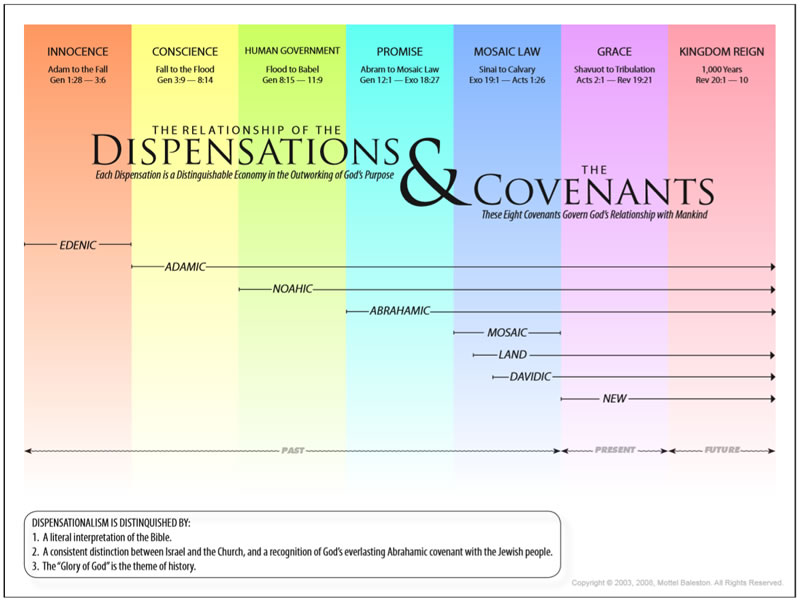Simchat Torah
Simchat Torah is a celebration marking the conclusion of the annual cycle of public Torah readings and the beginning of a new cycle. Simchat Torah is a component of the Biblical Jewish holiday of Shemini Atzeret (“Eighth Day of Assembly”), which follows immediately after the festival of Sukkot (Feast of Tabernacles or Booths) in the month of Tishrei (mid-September to early October).
Regular public reading of the Torah was introduced by Ezra the Scribe after the return of the Jewish people from the Babylonian captivity (537 BCE), as described in the Book of Nehemiah. In the modern era, adherents of Orthodox Judaism practice Torah reading according to a set procedure they believe has remained unchanged in the two thousand years since the destruction of the Temple in Jerusalem (70 CE). In the 19th and 20th centuries CE, Reform Judaism and Conservative Judaism have made adaptations to the practice of Torah reading, but the basic pattern of Torah reading has usually remained the same.
The main celebration of Simchat Torah takes place in the synagogue during evening and morning services. In many Orthodox and Conservative congregations, this is the only time of year on which the Torah scrolls are taken out of the ark and read at night. In the morning, the last parashah (like our paragraph break) of Deuteronomy and the first parashah of Genesis are read in the synagogue. On each occasion, when the ark is opened, all the worshippers leave their seats to dance and sing with all the Torah scrolls in a joyous celebration that often lasts for several hours or more.
The morning service is also uniquely characterized by the calling up of each male member (in some Orthodox and the majority of non-Orthodox congregations, male and female members) of the congregation for an aliyah, as well as a special aliyah for all the children in attendance. The word aliyah has two meanings, one common to Christians which means going up to Jerusalem; it is a term for Jewish immigration. The second meaning is being called up to ascend to the Bimah (the table from where the scroll is read from) and read a passage from the Torah.

